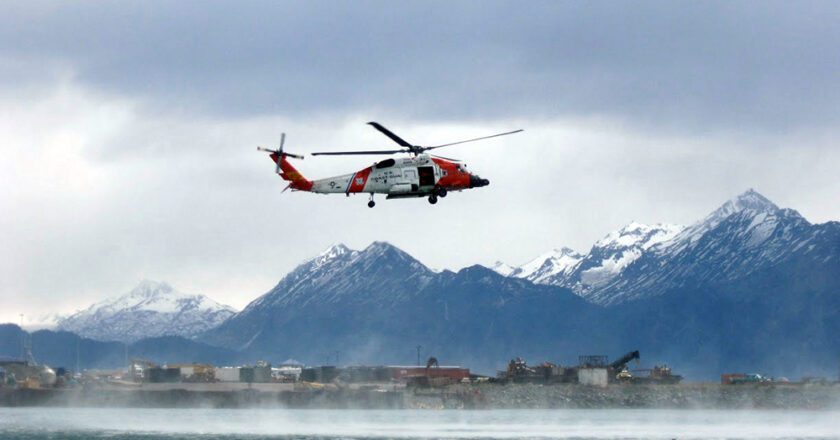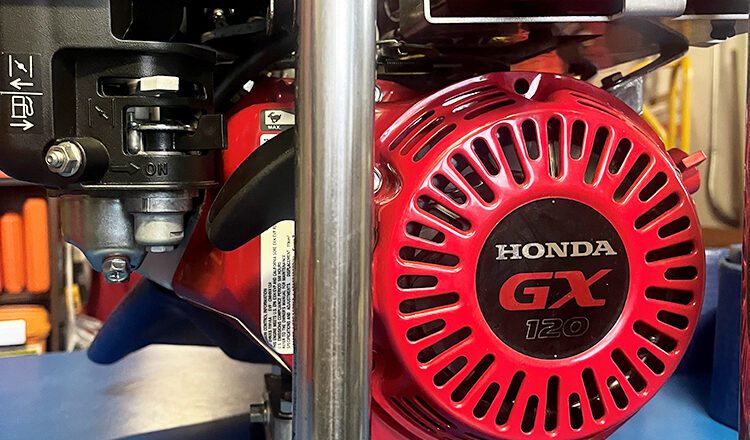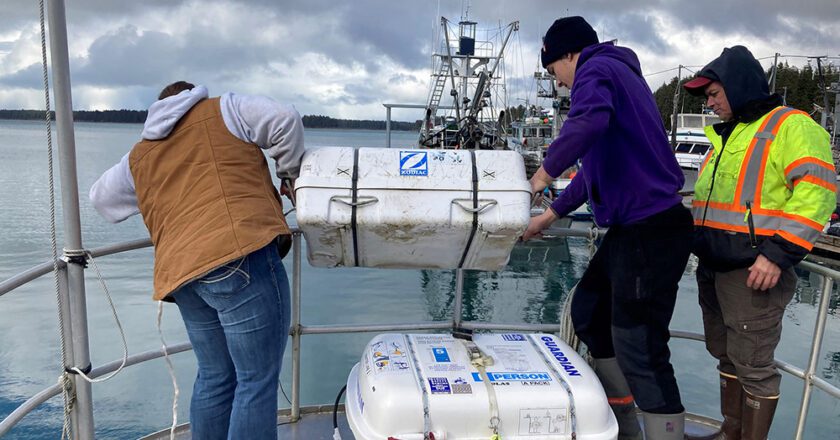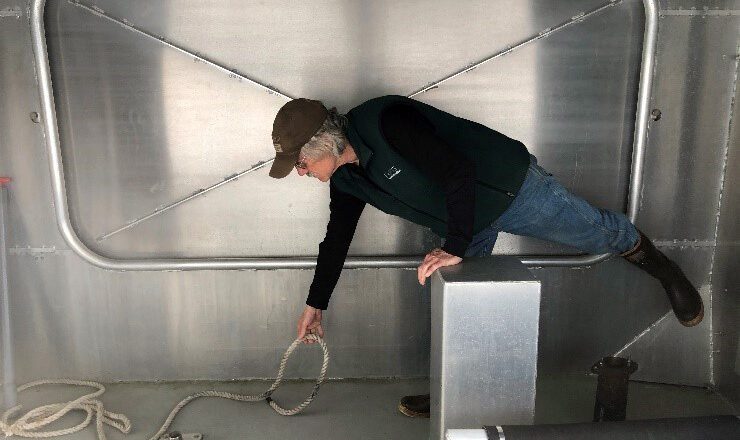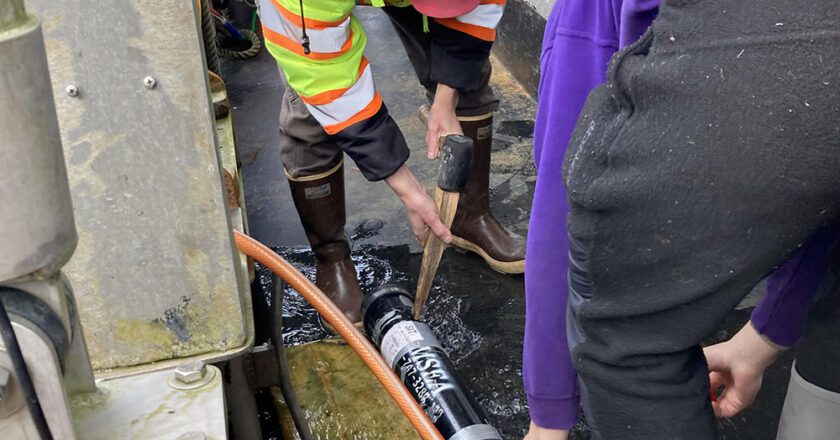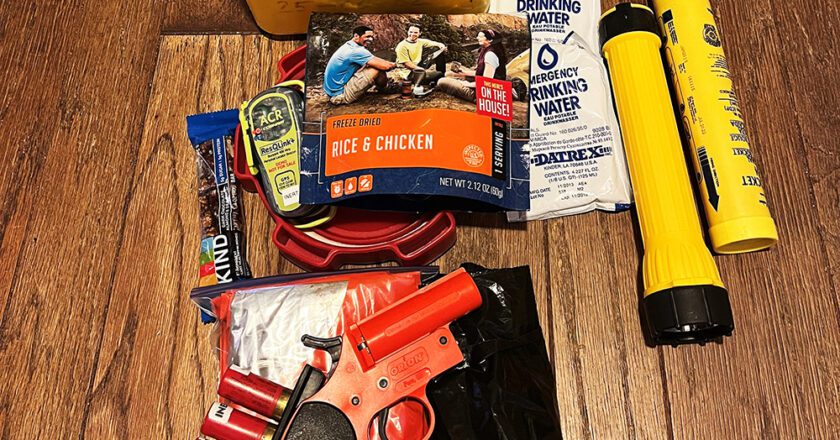USCG Helicopter Rescue Procedures
Fishermen have a complicated relationship with the U.S. Coast Guard.
When we are at sea and the white Coast Guard boat with a red racing stripe approaches, we are wary. But when we are in trouble at sea and the white helicopter with the red racing stripe is seen approaching, we are so happy to see them.
In the Bering Sea a few years ago, the USCG was contacted to evacuate a crew member suffering from a heart attack on a factory longliner. The helicopter crew calculated their fuel consumption and realized that they only had time to make one approach to hoist the patient off the vessel and still have enough fuel to make it back to base.
Everything had to go seamlessly.
Once they got on the vessel’s location, the USCG pilot found the crew had the patient ready, the deck cleared and the ...

